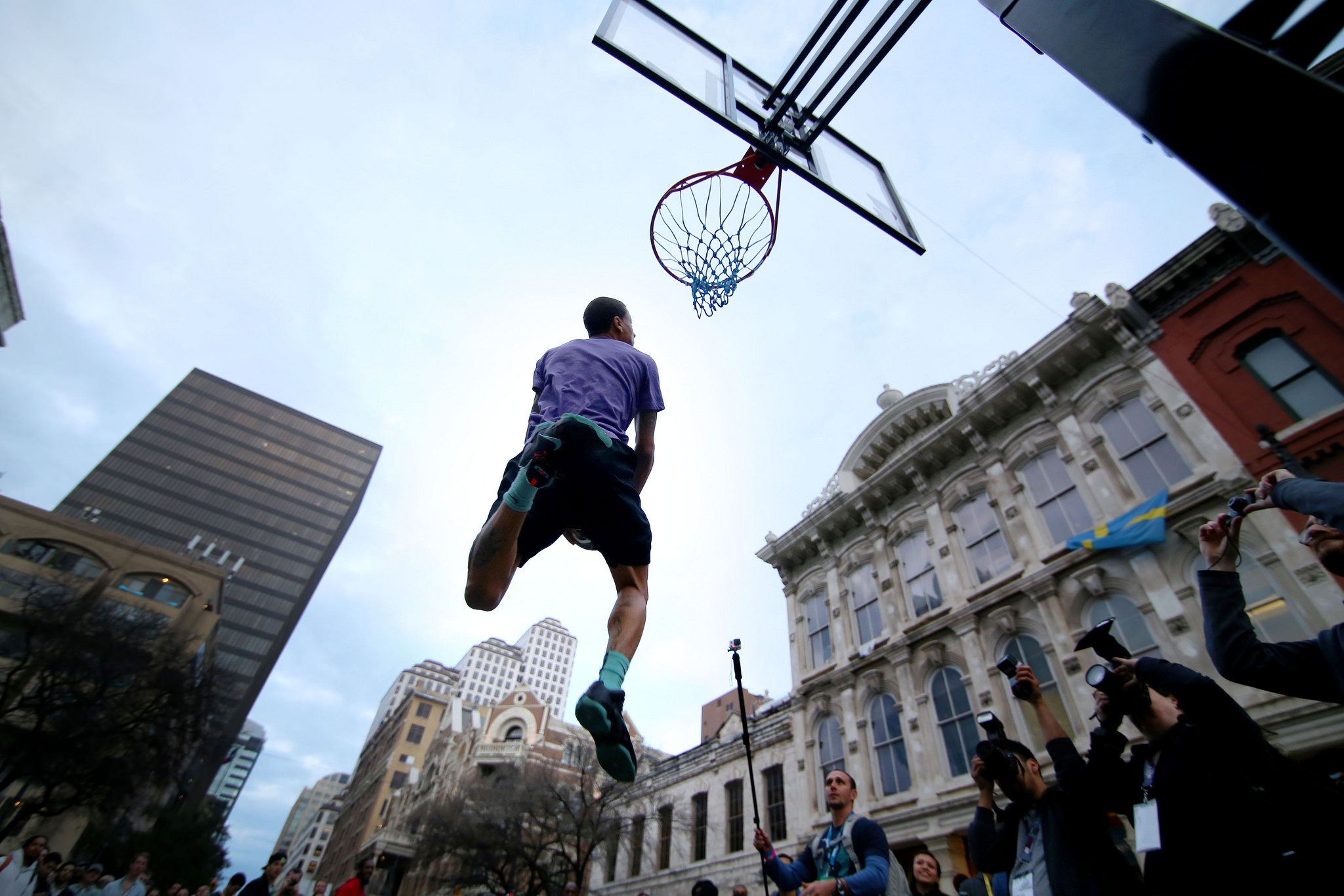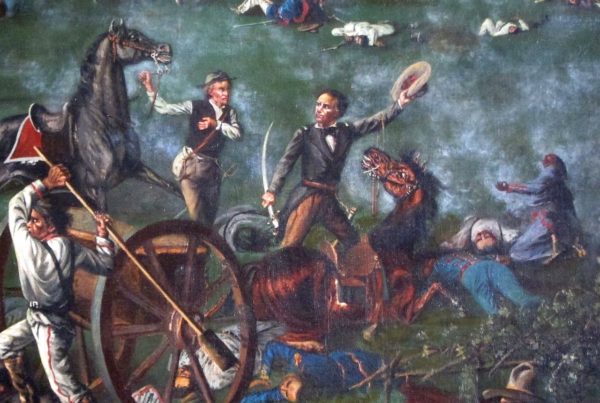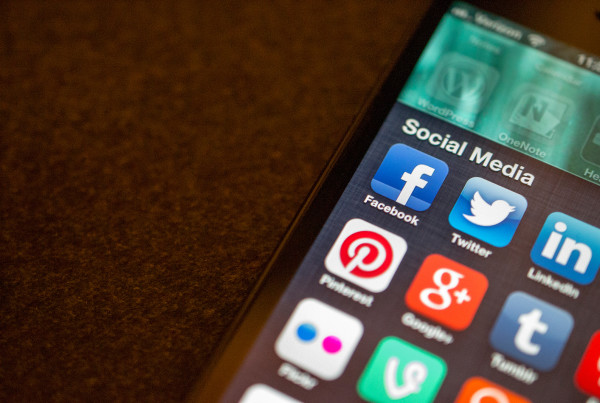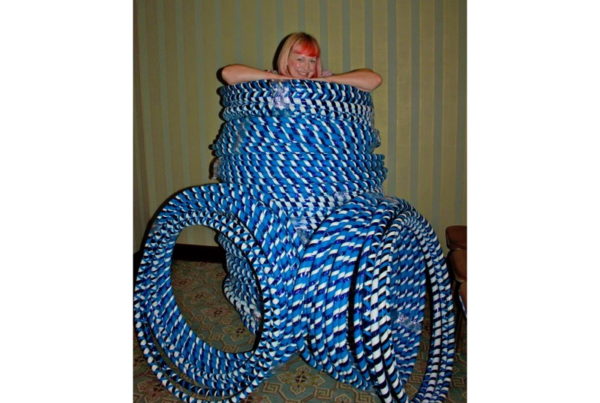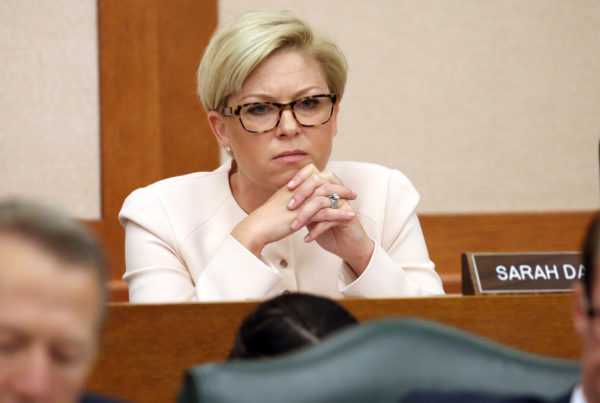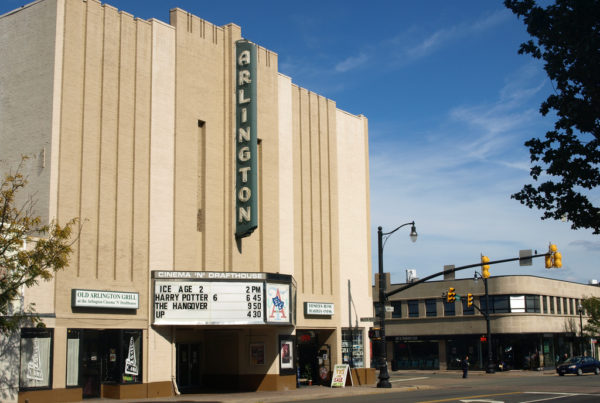An ongoing federal investigation has found that dozens of college basketball players received illegal cash benefits – some of them in the tens of thousands of dollars. And some schools, including Duke University, the University of Kentucky and the University of Texas, may have provided impermissible benefits to players and their families. Revelations from the report are still trickling out, and with them, a renewed debate over the role of amateurism in college athletics has begun.
Daron Roberts, former NFL coach and the director of the Center for Sports Leadership and Innovation at the University of Texas at Austin, examines the role of amateurism and money in college athletics.
“I think the cat’s out of the bag,” he says. “I think that there is so much money surrounding college athletics and the enforcement angle is a difficult one for the NCAA to handle. You have multiple players playing in hundreds of leagues across the country.”
Recently the NCAA signed a $10.8 billion sponsorship deal for the March Madness basketball tournament. The sheer amount of money involved and the size of the league make it difficult to enforce the rules. Roberts says the league is trying, but he believes that it’s time to compensate these student athletes for the value they bring to university athletics, especially considering college coaches make millions of dollars.
“If you look at the time demands there is a very good case to be made that many of these student-athletes are more athlete than student” Roberts says. If a company wants to sponsor a student-athlete that student athlete ought to be able to recoup the compensation from a sponsorship package.”
There is no cap on the amount of money a university student can make while working at a tech company or in any other industry. By disallowing student-athletes to be compensated for their athletic performance universities are denying them an economic opportunity that is open to other students.
“We’re not recognizing that these men, mainly it’s young men, are creating a lot of value for shoe companies, and teams, and leagues,” Roberts says. “I think it’s a really small price to pay for us to allow them to get some small slice of that economic revenue.”
It behooves universities to let young entrepreneurs like Michael Dell or Mark Zuckerberg leave and build their companies. Conversely, they have a vested interest in keeping students tied to their athletic programs for as long as possible. This stunts another opportunity that student-athletes have to monetize their abilities.
Roberts says the issue may be reaching a tipping point.
“I do think at some point we’re going to understand to police all of the rules on the book is extremely difficult,” he says. “I think that there will be a groundswell of support for allowing student-athletes at the least to have sponsorship deals as college students.”
Written by Jeremy Steen.


